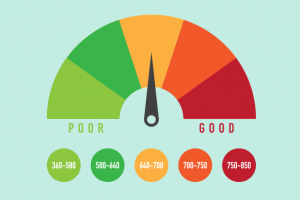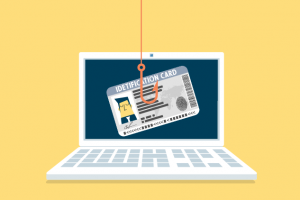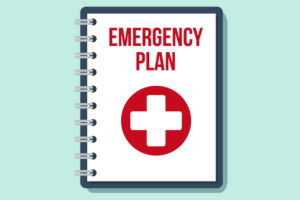It can be tempting to budget for your next vehicle based on the price of the car, but there are a lot of hidden costs of car buying. From maintenance fees to the costs of registration to more costly insurance, it can be surprising how much more you pay to keep those wheels on the road.
A large purchase like this can be a huge emotional process. It is only natural, after all, as this will be a big change for your life. A car can bring freedom or even more stress if it becomes a financial burden. With big purchases, it’s so easy to get tempted by only $50 or $100 more a month for the car of your dreams versus the one you can afford. Having a plan in place that factors in hidden costs will help keep your emotions in check and your head clear.
First, you have to remember that a car is not a good investment — a vehicle decreases in value the minute you drive it off the lot, sometimes by 10% to 30%. A car is a utility purchase, not an investment vehicle, which is why you should almost always buy a used car. Do not get caught in the thrill of owning a new car. Think of your vehicle as “new-to-you” instead.
Picking the right model is important. You may think that buying the cheapest car you can find will be the biggest money saver, but if that car is too old or the parts for the model are expensive and hard-to-find, maintenance may end up costing you much more money in the long run than the more expensive cars on the lot. Be sure to search the model you are considering for purchase online to see if you may run into any of these issues.
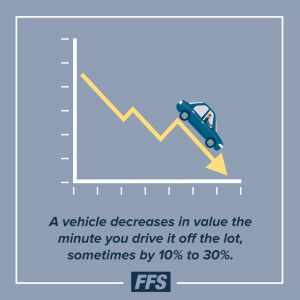 Costs at Time of Purchase
Costs at Time of Purchase
When purchasing a car off the lot, you might run into several costs that you may not be anticipating, including:
- Registration Fee
Each state charges a certain amount of money to have your vehicle registered under your name. This fee includes license plate costs, but be aware that some states separate the two.
- Title Transfer
This cost is for the legal document that proves you are the owner of the vehicle and that the title has been transferred from the previous owner. In some states, the DMV may also charge you a lien recording fee to record your loan on the title.
- Sales Tax
Be sure to look up the tax rate for your state, as well as that of city and county governments who may add their own sales tax to the bill.
- Emissions and Inspection Fees
Depending on your state, you may need to get the vehicle tested to make sure it passes state regulations for carbon emissions. Other states will require the vehicle to be inspected in full to cover their specific regulations as well.
- Down Payment
This is one cost you should be expecting: the down payment is simply the amount of money you pay at time of purchase, before loans and financing.
Because so many of these fees vary by state, you can use this chart to find all the listed fees for your state. A good rule of thumb is to abide by the 20/4/10 rule. This means to put at least 20% of the price of the car for down payment, keep financing to four years or less, and keep your total ongoing expenses on the car to under 10% of your income.
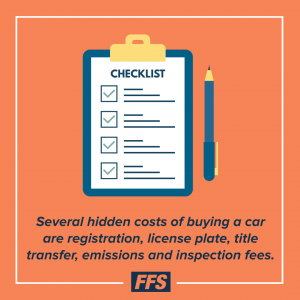 Costs You Will Pay After Purchase
Costs You Will Pay After Purchase
The payments do not stop once you drive the car off the lot, however. Here’s what to look out for as far as long-term expenses:
- Loan Payment
If you’re financing your vehicle, you will be agreeing to pay back a loan monthly for a definite amount of time with interest. It is best to keep this loan term under four years because of how quickly a car decreases in value; your accumulated interest can eclipse the actual value of the car if you’re not careful. Dealers often offer a 0% APR to qualified buyers. Definitions of “qualified” vary but expect to get that deal only if you have a credit score of least 700 – 740.
- Registration
You will be required to pay to register your vehicle in some way every year, usually on the month of your birthday and varying by your state.
- Insurance
You need to have insurance in place to drive your car off the lot and you will have to keep paying to keep the car insured for as long as you own it. It is possible to save hundreds of dollars over the years, depending on which insurance company you go with, so it is crucial that you compare quotes from different companies to get the best rate you can find.
- Maintenance & Repairs
Keeping your car running smoothly may be the most costly and frustrating part of owning a vehicle. At the dealership, be sure to ask about the vehicle’s history to ensure it has been well-maintained with routine oil changes and tire rotations. You will also want to have an independent mechanic inspect the vehicle to make sure there is no hidden damage that could prove expensive to fix in the future.
- Gas
Lastly, unless you buy an electric vehicle, you will be paying for gas from now on. Prices will fluctuate, but you should begin to put gas into your weekly budget from this point. Finding a fuel-efficient vehicle can also save you hundreds of dollars in the long run.
Take your time and do your research before you make a purchase as large as getting a new car. It is often hard to realize how important a decision can be until you have made the wrong one, but if you slow down and prepare yourself, you will be able to find a good deal on a reliable car that can make your life a lot easier. Then, after all the preparation has paid off, you can finally celebrate all the effort you put into getting your new form of independent transportation.
Read our other articles in the Focus on YOUR Money series to get tips on prioritizing debt in a crisis, saving more money with budgeting, and how to improve your credit score.
FFS Agents – share this post with your networks using our resources in the ABO.


